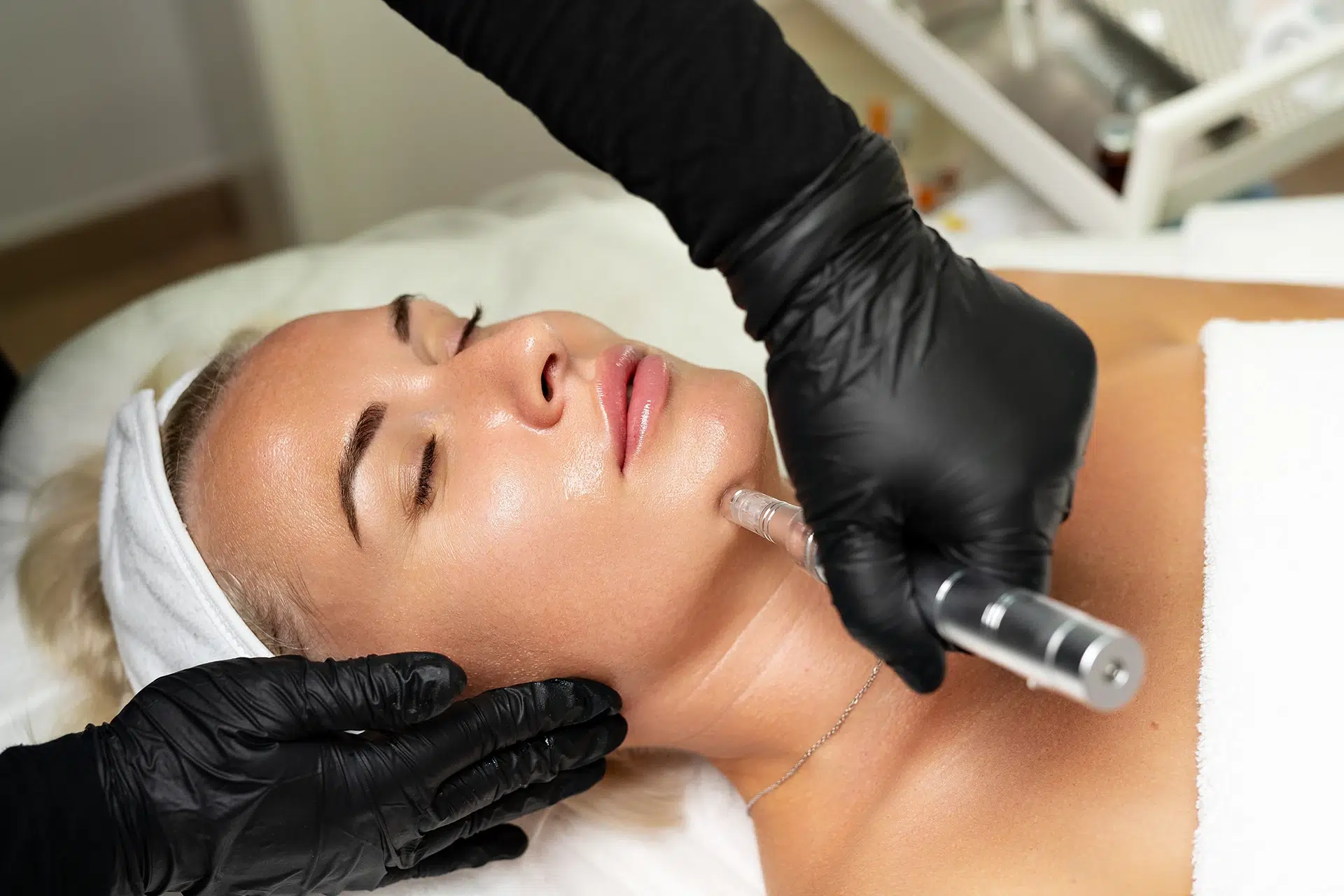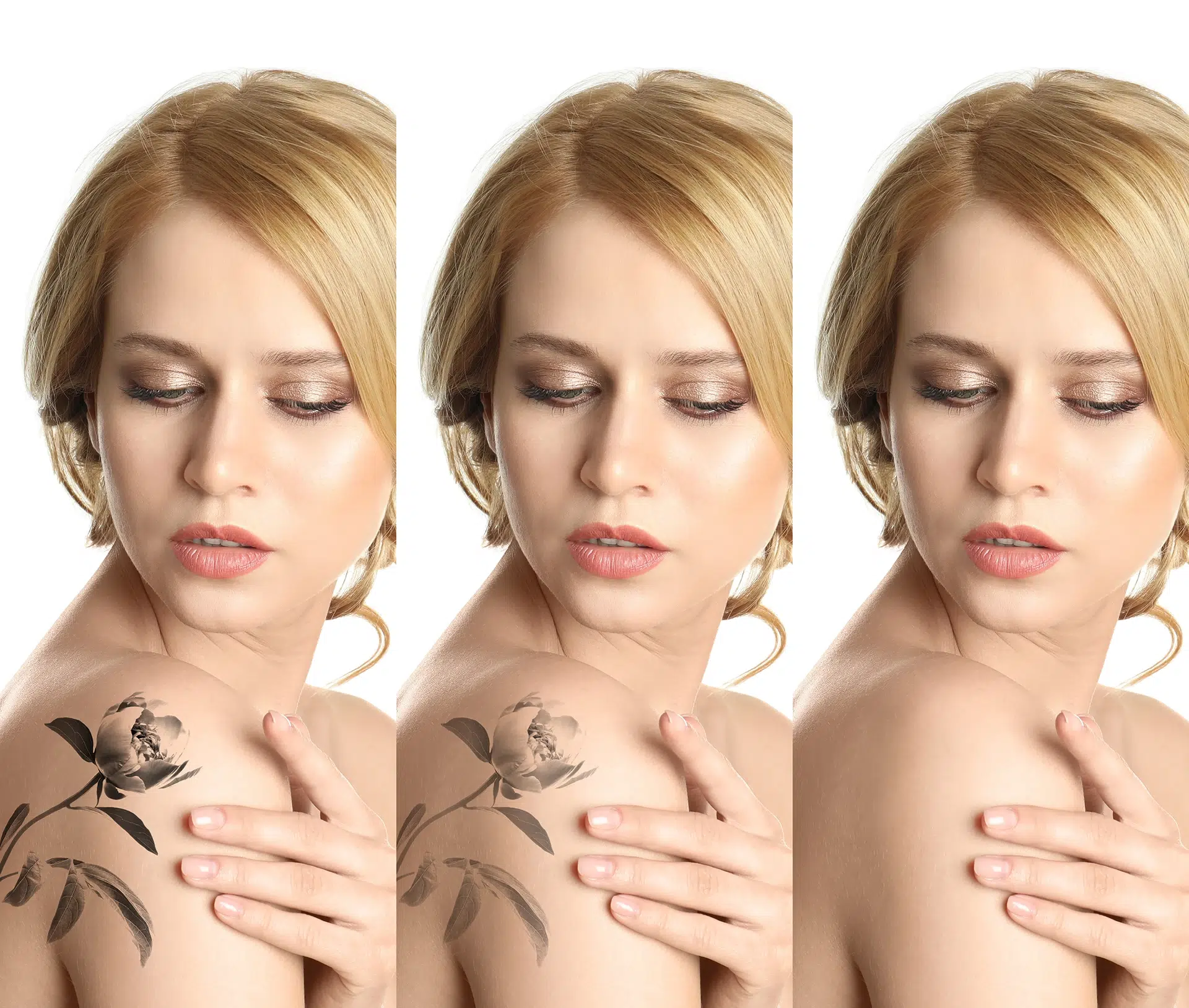Are you suffering from acne-prone or dull skin? A great solution to your skin problems can be a chemical peel treatment. Contrary to popular belief, skin peeling provides several long-term benefits, including improving skin tone and texture, enhancing skin elasticity, managing chronic skin conditions, and certain anti-aging properties. It can be a budget-friendly solution to several skin conditions.
Chemical Skin Peeling: An Incredible Discovery in the Field of Skin Treatments
Skin peeling is a process in which a chemical is applied all over your face to peel off your skin’s top layer. This treatment is done to improve skin texture and smoothness. Chemical peeling is highly effective in eliminating the dullness while reducing the scars at the same time. The entire treatment is intended to remove your skin’s outermost layer and make a new layer of healthy and improved skin take over. The chemical is induced to cause a controlled injury to the skin to enable the skin to shred. In this blog, we will be answering questions that several patients have about chemical peeling.
Frequently Asked Questions
Do I Need A Skin Peeling Treatment?
Given the numerous benefits that peeling has on your skin, it is a good treatment option that can be extremely beneficial, especially if your skin is acne-prone, dull, or sensitive. However, it is not ideal for every cosmetic need. If you have wrinkles or deep scars, avoid this treatment. Chemical peels will not help much in tightening sagging skin.
Should I Take Any Precautions Before Starting the Chemical Peeling Treatment?
You can receive a peeling treatment from a Spa or even perform one by yourself. However, before you do so, we strongly recommend consulting with your dermatologist, who can give you the best advice on which peeling treatment would suit you the best, and develop an appropriate treatment plan according to your chemical treatment visit. This might include:
- Taking antiviral medication
- Using a Retinoid Cream
- Apply topical bleach
- Using a good moisturizer
- Avoiding waxing, plucking, or shaving for at least 24 hours before a chemical peel
What Occurs During A Chemical Peeling Treatment?
A chemical peeling treatment depends on your skin type and your dermatologist’s recommendation. Usually, the treatment is done without any local numbing or anesthesia. For patients opting for a deeper skin peeling procedure, mild sedatives are enough. Some people may not opt for a skin peeling treatment due to certain adverse reactions after the treatment. However, professional skin peeling conducted by an experienced doctor, using the appropriate treatment based on your skin type, will give you positive results within a small time frame. There might be mild discomfort in the beginning, but it will fade away within a day or so.
What To Expect After Your First Peeling Treatment?
After your first chemical treatment, you should expect the following:
- You Might Experience Mild Side Effects: A common misconception surrounding chemical peeling is that the process is painful. However, the actual side effects depend on your skin type and the treatment chosen by your dermatologist. Most side effects are mild and should cause some initial discomfort. These side effects should completely heal within a day or two. However, any noticeable changes in your skin after the treatment must be closely observed by a professional.
- Your Skin Will Peel: The treatment aims to improve your skin by peeling its top layer. Therefore, you will start noticing your skin to shed after three to five days. The process is similar to your skin flaking after a sunburn. Do not pull, pick, or scratch the skin, as this can cause infection and scarring
- Multiple Sessions Will Give the Best Results: You will need to go for multiple skin peeling sessions to get the desired results. You will see noticeable changes from the first sitting, but multiple sessions for several months are recommended for effective and long-term benefits.
- Avoid Using Cosmetics for A While: For the first one to two weeks of the treatment, you should avoid using any kind of makeup, which might unnecessarily irritate the skin.
- Adhere to A Skin Care Routine: Chemical peeling is effective due to the natural body healing process. So, it is best to let your skin heal naturally after the treatment. Usually, your dermatologist will recommend a skincare routine that includes cleaning and moisturizing your face based on your skin type. Avoid using any exfoliant for the initial weeks.
The following are tips that will help you recover faster than usual after a skin peeling treatment:
- Follow your dermatologist’s instructions.
- Apply sunscreen when going out.
- Avoid prolonged sun exposure and overexertion.
- Your skin might be prone to slight breakouts. Usually, this is normal and not an area of concern.
- Stay sufficiently hydrated.
- Be patient, the results will need time.
If you are looking for a chemical peel treatment for acne in New Jersey, contact our expert dermatologists at The Youth Fountain. Our experts can help you resolve your skincare needs and recommend the healthiest ways to take care of your skin.



